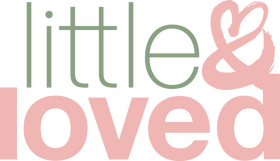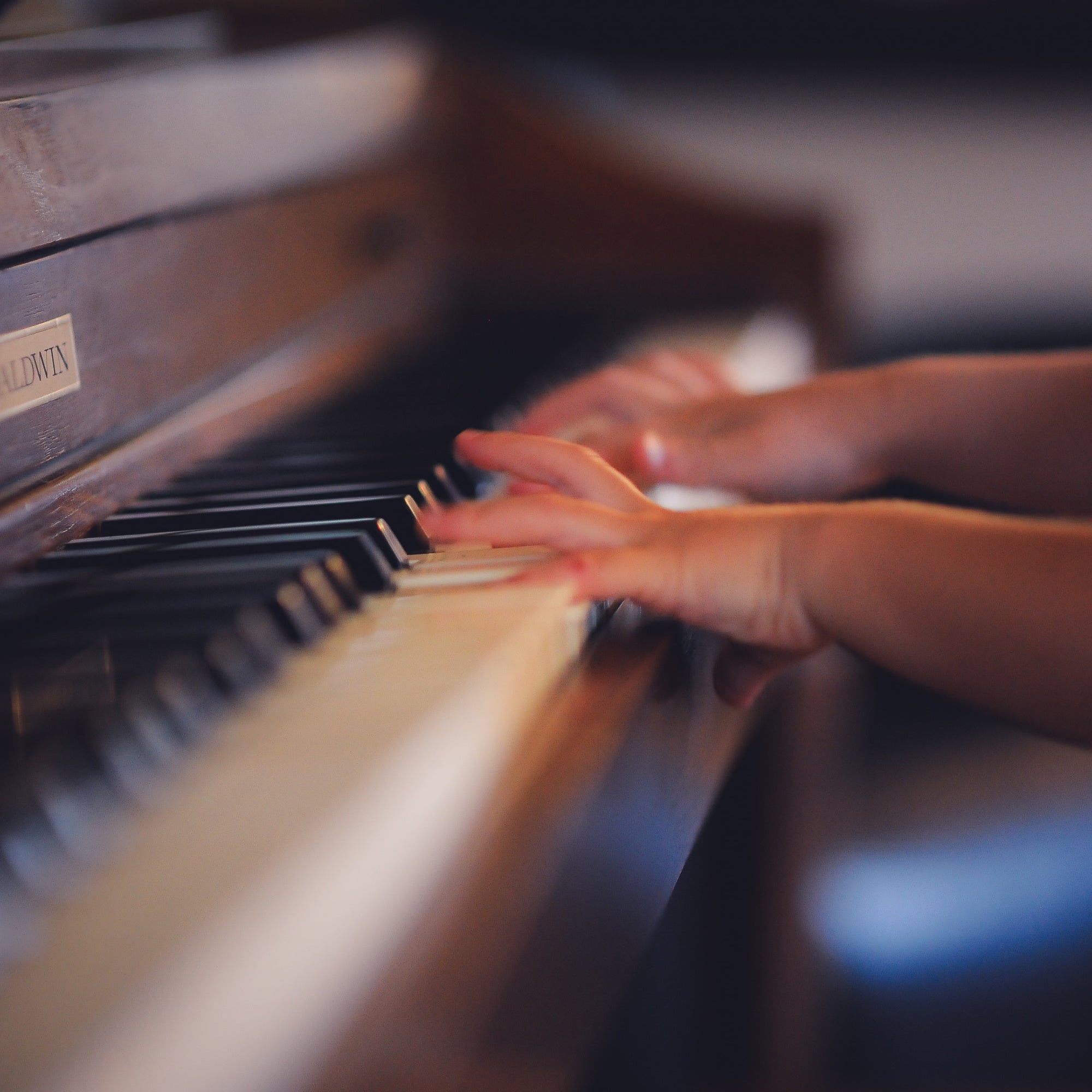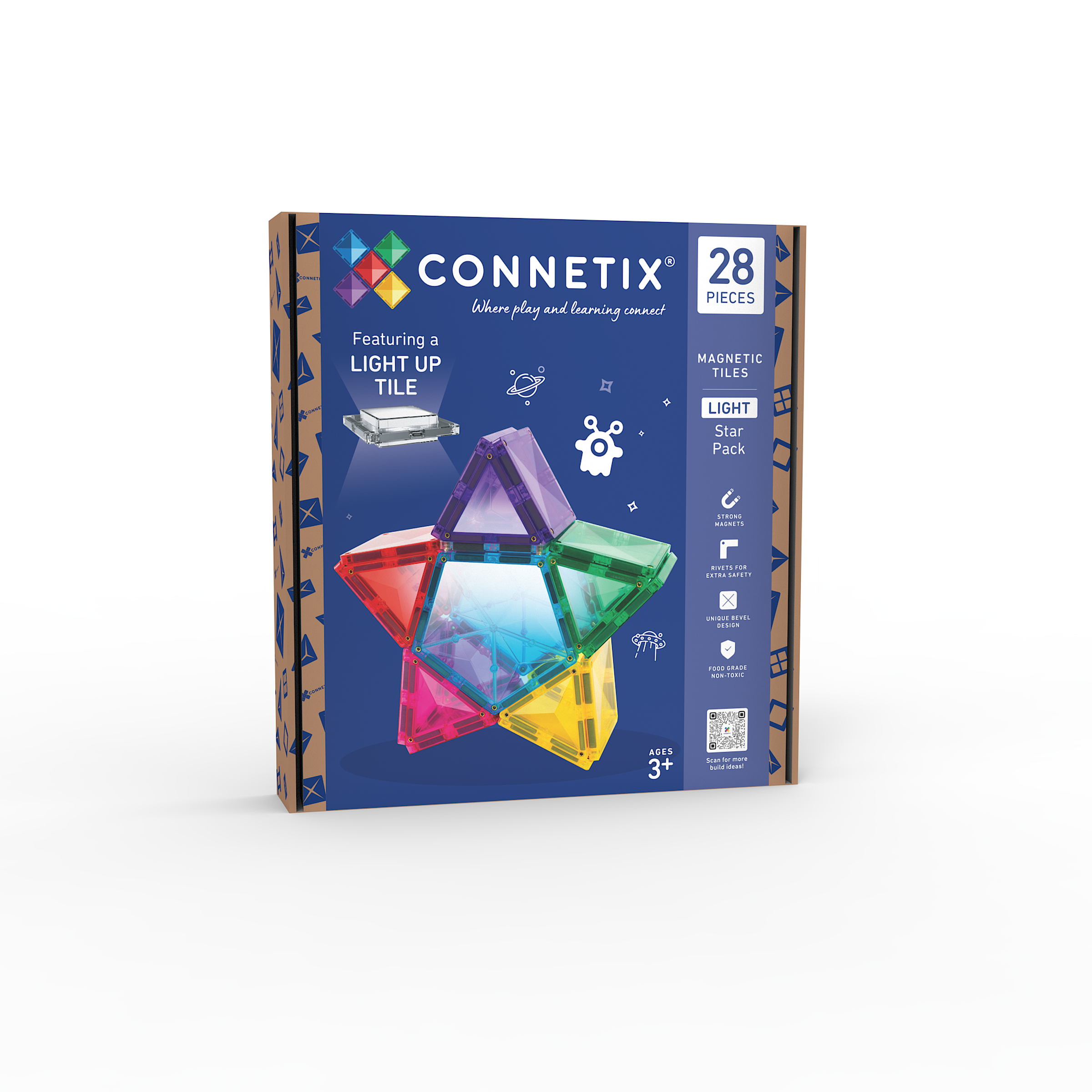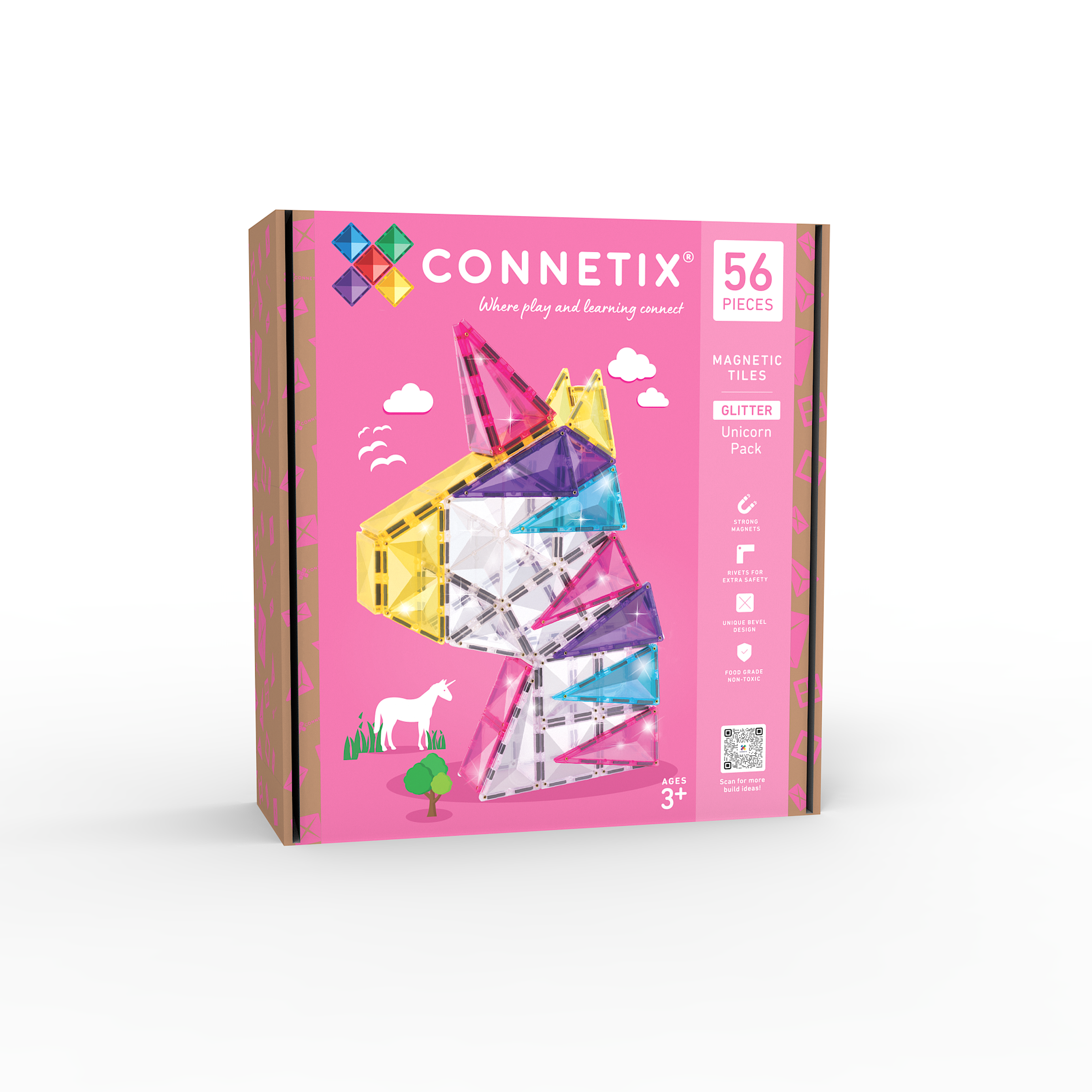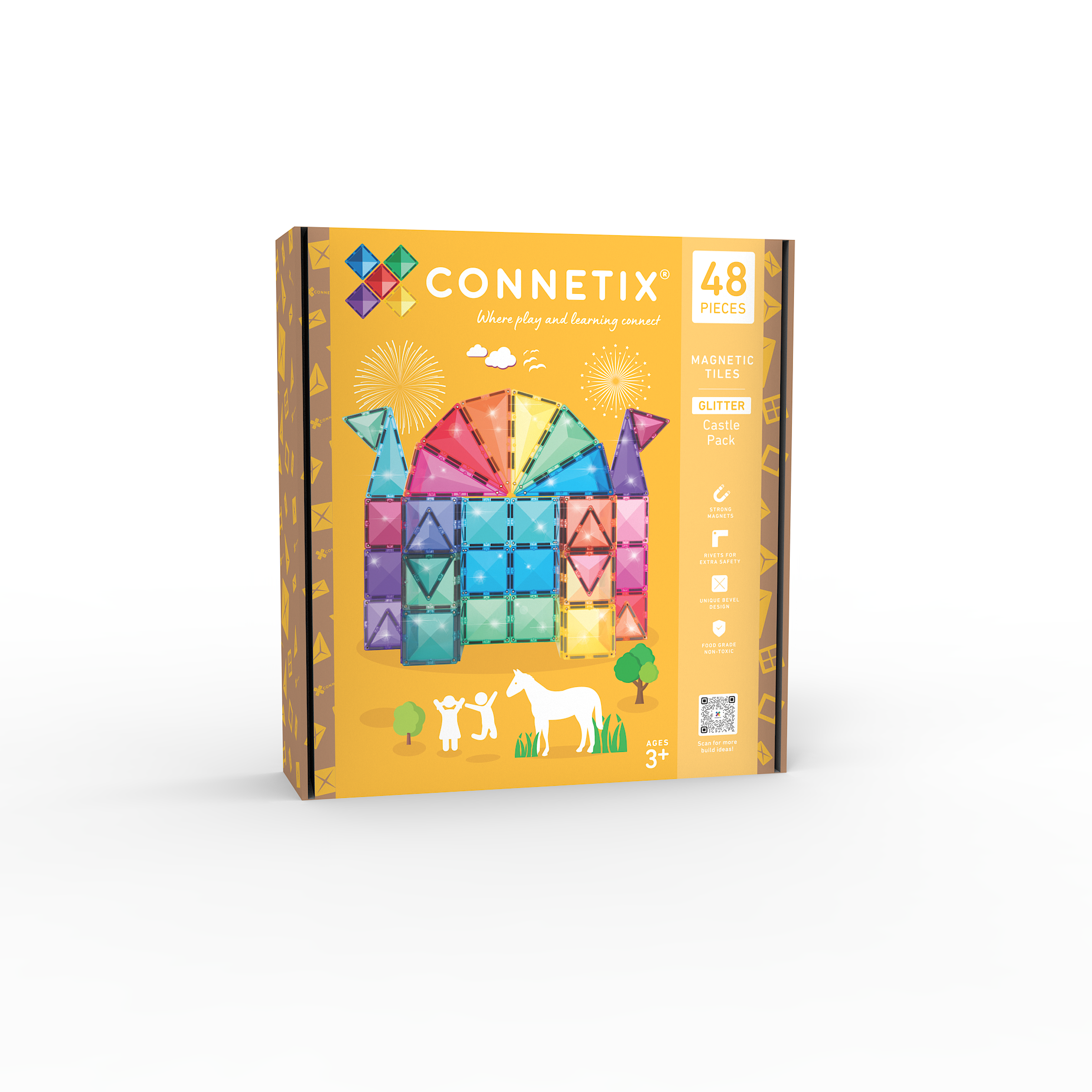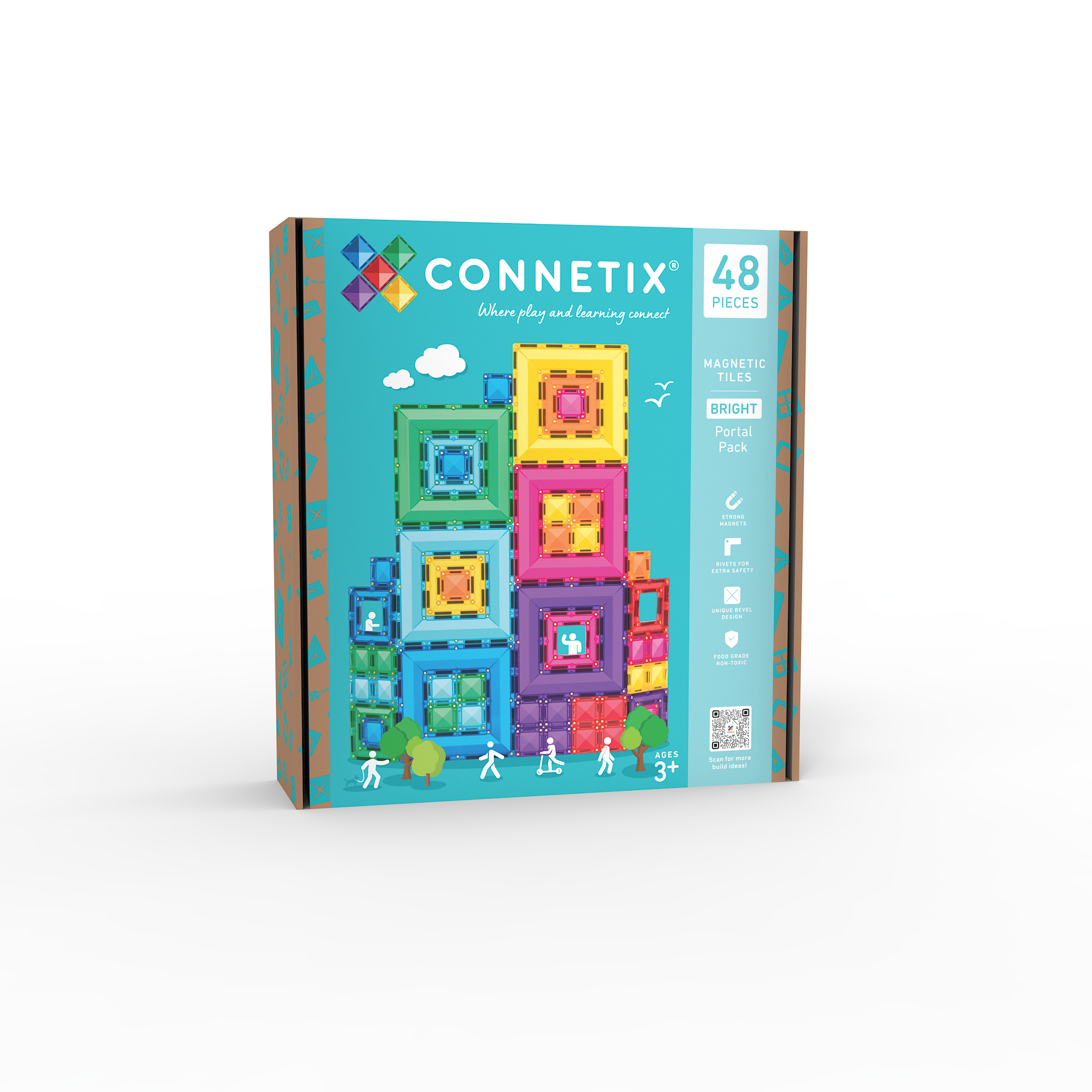Music is everywhere. It’s the swishing of trees in the wind, the birdsong first thing in the morning, the tapping of feet and the humming of traffic. Children are drawn to music so naturally, and they play with sound and rhythms from a very young age. The way we speak to babies in that special sing song voice that makes their little faces light up are some of our first musical interactions with our kids. Music is a language that is spoken all over the world, and is practiced in every culture. So it’s not surprising to learn that it also benefits the brain hugely.
There’s a mountain of research indicating that musical training can enhance children’s brains. It improves their communication skills, memory, and ability to pay attention. It can also function as a way of helping to close academic gaps and can be beneficial for children with dyslexia.
So how can we incorporate music into our children’s lives? Well, there are so many musical opportunities and many of them are easily accessible and relatively inexpensive. Below I’ll break down some options from musical groups to private tuition.
For babies and preschool children the best musical experience you can give them is to sing. Sing while you’re on walks together or during bath time. Sing while you make dinner or fold the washing. You don’t have to have an amazing voice, or even sing in tune for your children to receive the benefits. Another great option is getting the pots and pans out for a drumming session or making shakers using empty milk bottles and rice. If your budget allows, you can invest in a few small instruments such as a xylophone or a little drum for your young child. Also, you could find a music group in your area as libraries often have preschool music/sing a long sessions and the benefits of sharing music with others are amazing, such as an oxytocin boost and enhanced empathy skills.
For school age children who are keen to learn an instrument, you could start by purchasing them a small ukulele (this doesn’t have to be very expensive and second hand is a great option). Check out Youtube for simple tutorials and play along channels for kids. Ukulele is the perfect first instrument as your child can learn a song in about five minutes. You could also learn along side them and create some beautiful melody filled memories together.
There are often music groups offered at school such as Kapa Haka, school bands and choirs. Local churches often have children’s choirs and they can be a great affordable option.
If your child would like to receive formal one on one music lessons, then I would recommend starting them at around age 6-7 or once they are ready to be listening intently to an instructor for 30 minutes. Piano is a great instrument to start formal lessons on (if you have access to a piano or keyboard) as it teaches the foundation to many other instruments. That way, over time, if your child decides they would like to try a different instrument, they can transfer their knowledge from the piano to their new choice.
If your child is after a brass or wind instrument, you’ll want to wait until they are a little older (8-9). Local brass bands often rent instruments and offer lessons at a reduced cost. Drums are a fantastic option for children with dyslexia as drumming requires a huge amount of coordination and also requires players to use both sides of their brain simultaneously. This has been shown to help children with dyslexia improve their reading and math abilities. A great age to start the drums is around 7-8.
Remember, no matter what instrument your child decides to try or what age they start, the most important thing is that they have fun and that they are given the freedom to explore melody and rhythm in a stress free and supportive environment.
